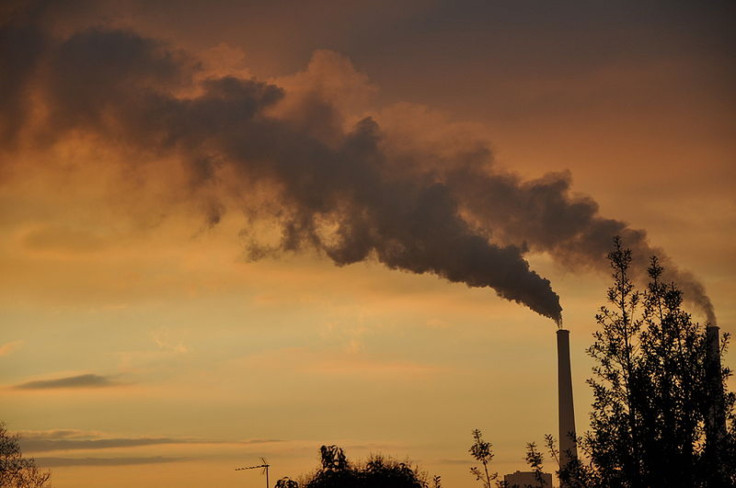New Greenhouse Gas Discovered, PFTBA Has Higher Global Warming Impact Than CO2

Scientists from the University of Toronto have discovered a new greenhouse gas that might have the highest global warming impact of any compound to date.
The chemical, known as perfluorotributylamine (PFTBA), was found to be 7,100 times more powerful at warming the Earth over 100 years than carbon dioxide. The findings, published in Geophysical Research Letters, describes how the compound’s long lifespan could affect global warming.
“PFTBA is extremely long-lived in the atmosphere and it has a very high radiative efficiency. The result of this is a very high global warming potential. Calculated over a 100-year timeframe, a single molecule of PFTBA has the equivalent climate impact as 7,100 molecules of CO2,” Angela Hong, one of the co-authors, said in a press release.
Researchers found PFTBA is present in small amounts but can remain in the atmosphere for about 500 years. Carbon dioxide, on the other hand, is absorbed by forests and oceans.
"This is a warning to us that this gas could have a very, very large impact on climate change – if there were a lot of it. Since there is not a lot of it now, we don't have to worry about it at present, but we have to make sure it doesn't grow and become a very large contributor to global warming," Dr. Drew Shindell, a climatologist at NASA's Goddard Institute for Space Studies, told the Guardian.
Today, concentrations of PFTBA are low with 0.18 parts per trillion in the Toronto area – compared to 400 parts per million for carbon dioxide. The manmade chemical, which has been used since the 20th century, is currently used in thermally and chemically stable liquids used in electronic testing and as heat transfer agents.
"It is so much less than carbon dioxide, but the important thing is on a per molecule basis, it is very very effective in interacting with heat from the Earth," Hong said. "Individually each molecule is able to affect the climate potentially and because its lifetime is so long it also has a long-lasting effect."
While carbon dioxide is till the “biggest culprit” of fossil fuel emission, PFTBA and chemical like it, could pose future threats to the environment.
"PFTBA is just one example of an industrial chemical that is produced, but there are no policies that control its production, use or emission," Hong said. "It is not being regulated by any type of climate policy."
© Copyright IBTimes 2025. All rights reserved.




















